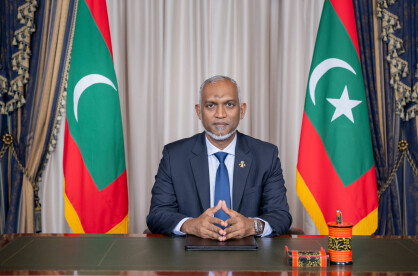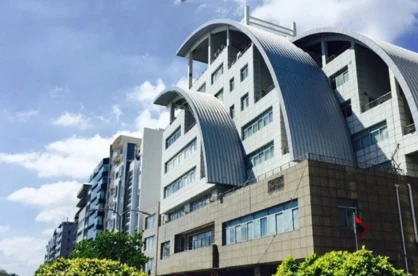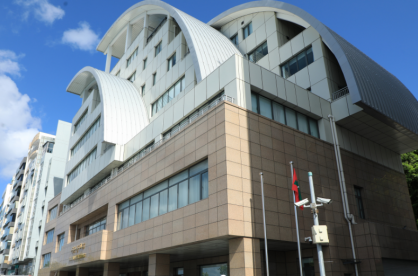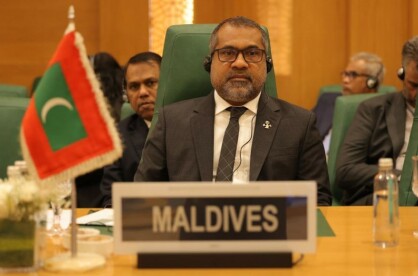Can we really live in 187 islands?
Are we continuing to do the same thing over and over again, expecting different results?

Are we continuing to do the same thing over and over again, expecting different results?

The Maldives, an archipelago of 1,192 islands spread across 22 natural atolls, is divided into 20 administrative atolls. Of the 1,192 islands, 187 are inhabited, with 41 percent of the resident population living in capital Male – not a surprising fact with almost all employment, education and health facilities concentrated in the capital. However, is this sustainable? For over 227,000 people to live in a small island 6.8km2, the resultant social and economic issues are apparent.
The government has embarked on a decentralisation initiative, seeking to devolve local governance to atoll and island councils, with the councils responsible for development and provision of public services in the islands. Earlier governments attempted regional development, aiming to develop regional centres across the country, with the objective of creating employment, education and health opportunities in these regions – this initiative was dropped by subsequent governments, to focus on decentralised administration in the 187 islands.
Given the small population numbers in these islands, however, this may not be the best option. Establishing health centres, hospitals, schools, and employment opportunities in each island may be costly, and neither do the current population concentrations on islands provide the necessary scale to ensure the efficient provision of these services.
Consider the example of Vaavu Atoll, the atoll with the smallest population in the country, with an estimated resident population of 2,688 people, or 0.5 percent, of the total resident population of the country. Further, this population is dispersed over five islands, with V. Rakeedhoo with just 113 people. This island though, also has a five-member local council.
Decentralisation was introduced as the answer to all power, and opportunities, being concentrated in capital Malé. Instead of decentralisation though, which appears costly in terms of the administrative structure required to implement it, as well as the steep learning curve required of councils, and the central government, to effectively implement it, could there perhaps not be a better option? Conscious decision making on the part of political actors, focusing on development in the islands, especially in regions with a higher population concentration, instead of investing in more and more infrastructure in the capital? Move schools and hospitals to regional centres, make an investment in improving quality, and there may be many who opt to move away from the congested capital. Incentivise businesses to set up operations in a regional centre, and create employment opportunities. Encourage and incentivise resorts to source staff from nearby islands, and establish airports and other infrastructure in that region. This may perhaps be a better option than say, constructing an airport in an atoll where R. Alifushi, an island 58 hectares large, located far away from the rest of the islands in that atoll and its population concentrations.
The same focus on elections and political power was seen during previous administrations as well. During the Maumoon administration, relocation from smaller islands to larger ones was touted as a solution, but again due to political pressure close to elections. During the Yameen administration, an airport was built in HDh. Kulhudhuffushi, at great cost to the environment, since the airport was built after reclaiming part of the mangroves on the island. This, while an airport was just 10 minutes away in Hanimaadhoo. Granted, Khulhudhuffushi has a higher population concentration, and hence more voters. Was this decision made based on politics and elections rather than economic sense?
What is needed is not a new system, but a change in the way we do things, a new perspective, rather than continuing to do the same thing over and over again, expecting different results. What is needed is a longer-term development plan, transcending elections and the five-year terms of governments, with a focus on regional development and hubs in the north, centre and south, to match or exceed what has been provided in capital Malé for eons. What is needed is a visionary political cadre, not afraid to take the bold decisions, instead of making promises to the masses with the next election in their sights.



